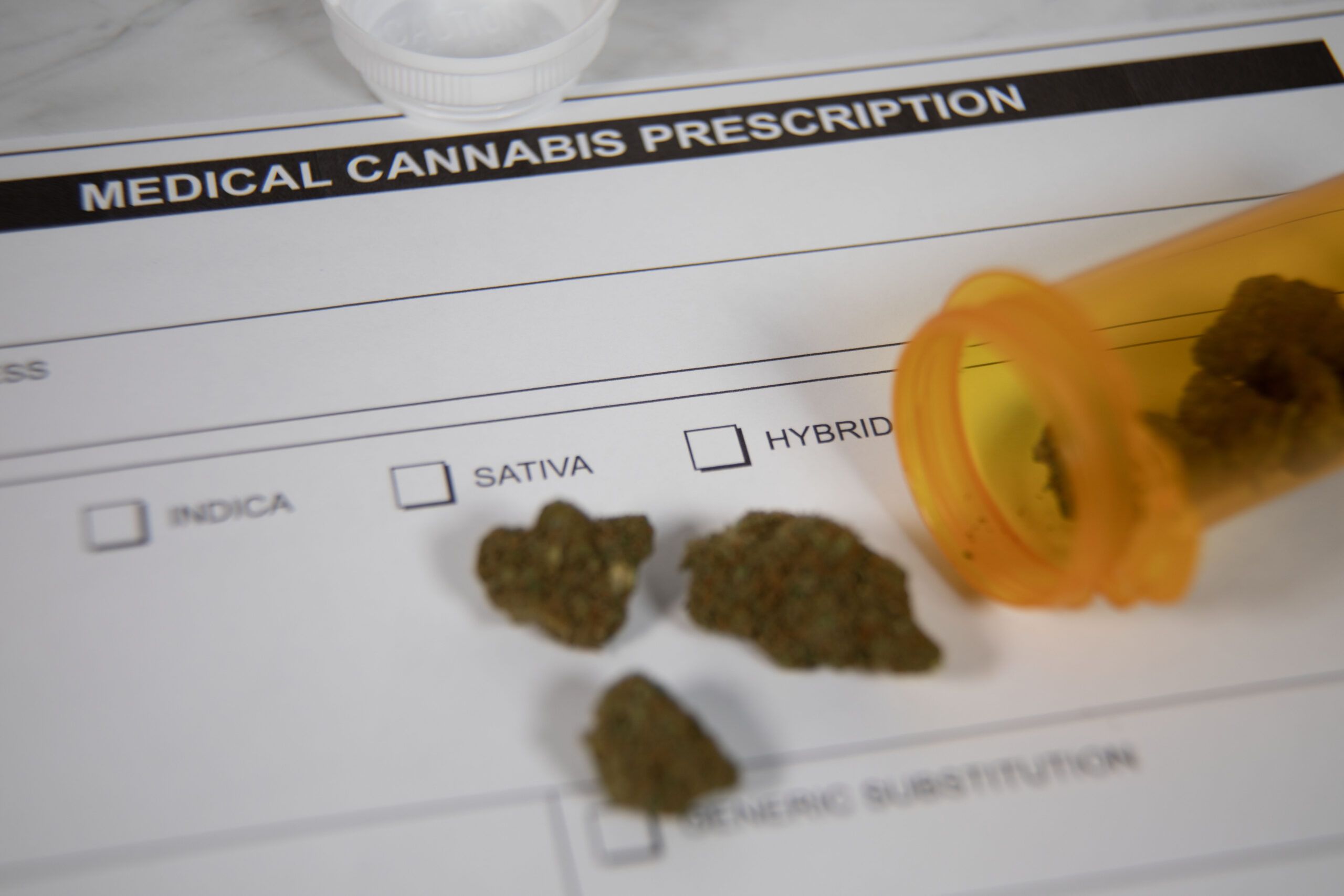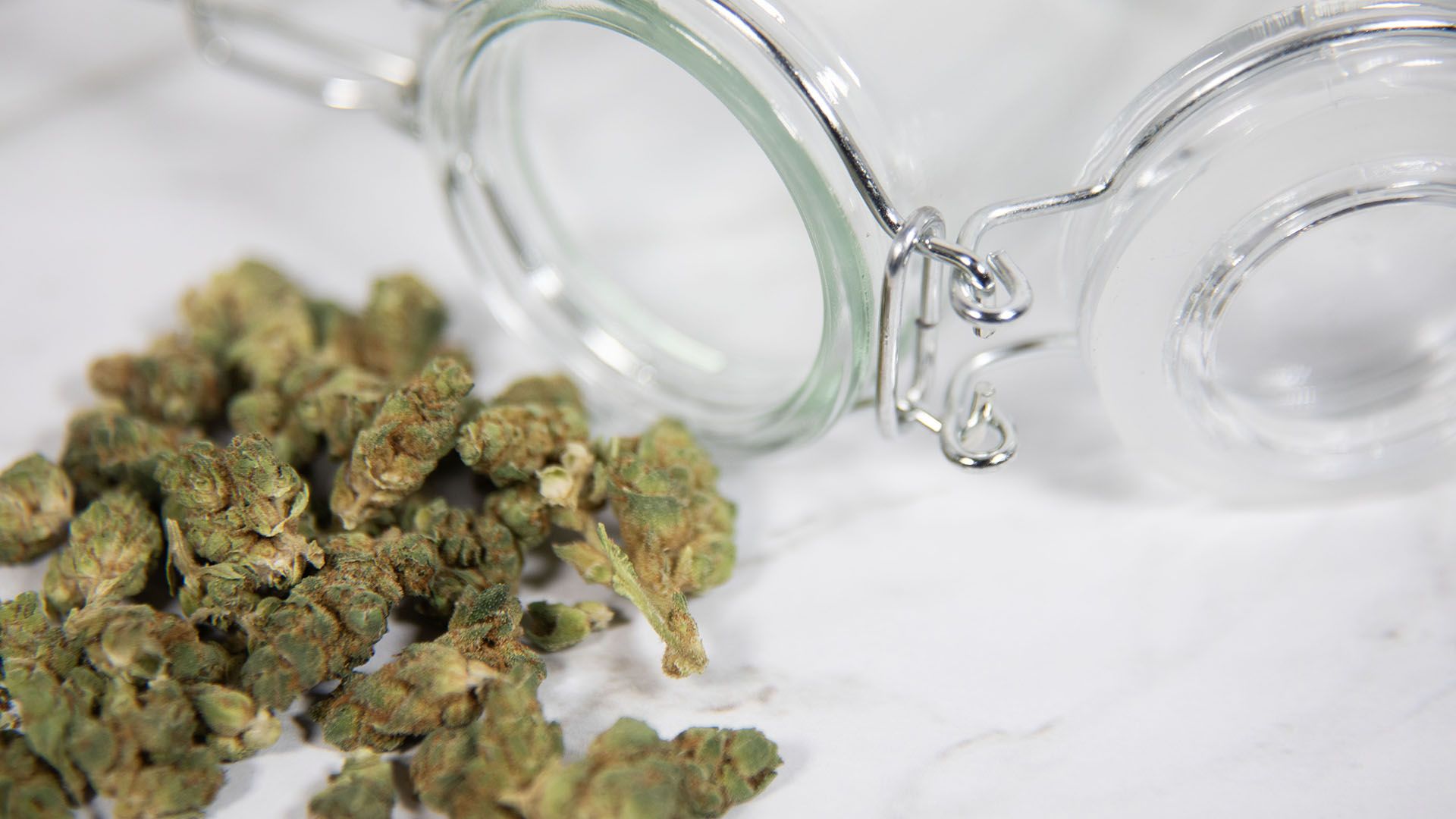
-
Where Medical Cannabis Is Legal: Navigating State Laws
Read more: Where Medical Cannabis Is Legal: Navigating State LawsThe legal status of medical marijuana in the United States continues to evolve. While cannabis remains federally illegal under the Controlled Substances Act, most states…
Blog Posts
-
Veterans & Medical Marijuana: The Struggle for VA Support and Recognition
In the national conversation surrounding medical cannabis, few issues are more emotionally charged than the fight for veteran access through the U.S. Department of Veterans Affairs (VA). Many former service members struggle with chronic pain, post-traumatic stress disorder (PTSD), and other conditions stemming from their service. While many find relief with medical cannabis in states…
-
The Heart of Reform: Inside the Nonprofits Driving Medical Marijuana Advocacy
Across the United States, nonprofit organizations and advocacy groups have become powerful forces in the push to expand access to medical cannabis. Their work has transformed policy debates, influenced public opinion, and helped countless patients gain access to safe, regulated medicine. These organizations operate at the intersection of health, law, and social justice—fighting for reform…
-
Smart Shopping for Medical Cannabis: Tips for Finding a Trusted Dispensary
For medical cannabis patients, finding the right dispensary isn’t just about convenience—it’s about trust, safety, and quality of care. With so many options across legalized states, knowing how to identify a properly licensed and reputable dispensary is crucial to ensuring both legal protection and therapeutic success. 1. Check Licensing and Compliance The first and most…




